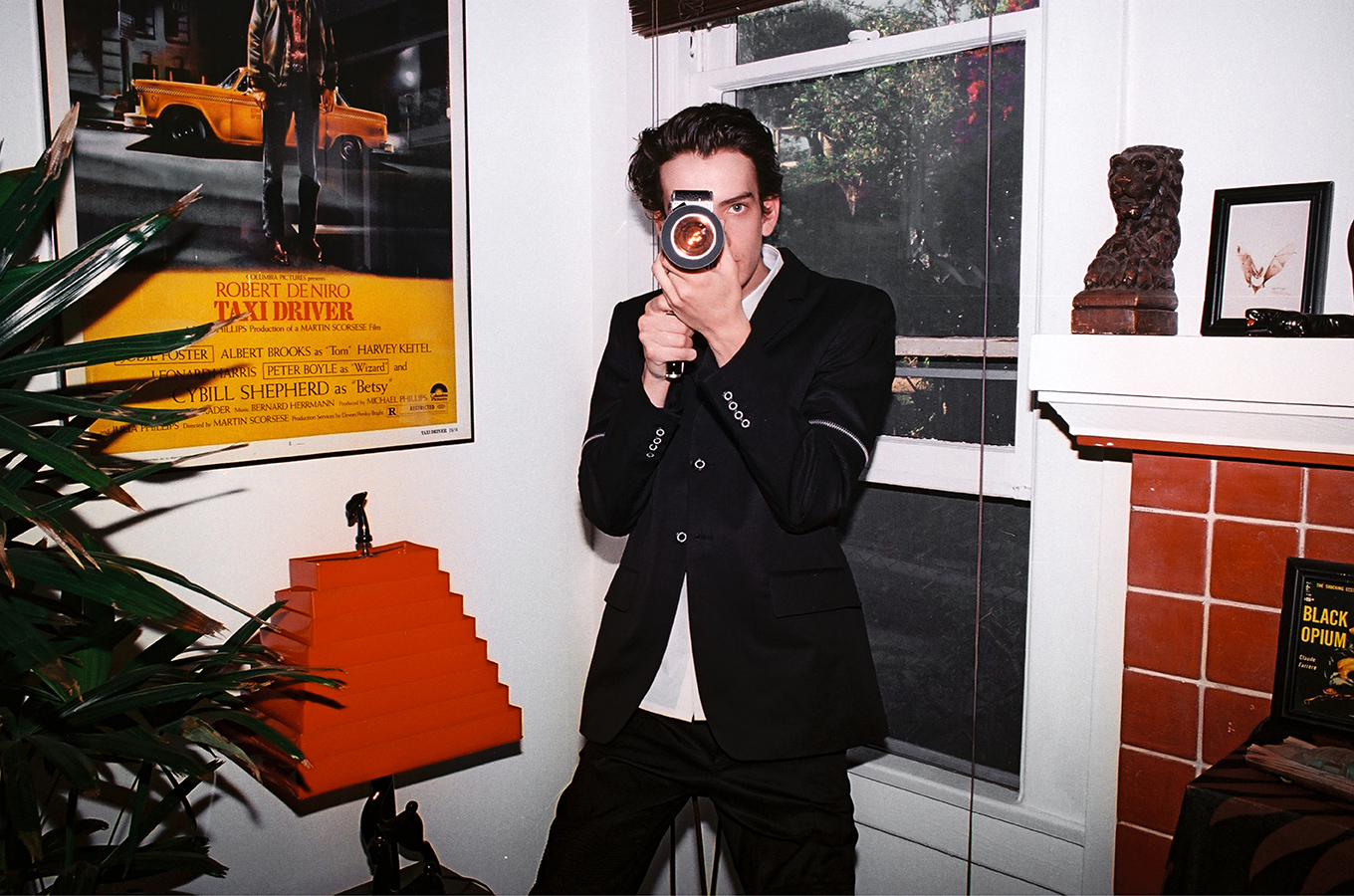


A supposed cure all for everything from heavy menstrual cycles to PMS, acne to anxiety. The film notes that birth control is pushed as a lifestyle drug with 35 percent of women being prescribed the pill for non-contraceptive reasons. It is no longer solely advertised for preventing pregnancy. Since 1960 the birth control market has become a multi-billion dollar business. CDC records show nearly 65 percent of women in the United States use some form of birth control. With the release of the pill women were able to take back that control. The 90 minute film begins by explaining that in the before times only married women could get a diaphragm and only with the consent of their husbands. “I read her book on a plane, flying out to Ricki’s house in LA and it was just light bulbs going off the whole book and I was like, “Holy sh-, like this story hasn’t been told,” Epstein said. documentary came when she received an advanced copy of Holly Grigg-Spall’s 2013 book Sweetening The Pill: Or How We Got Hooked on Hormonal Birth Control. She said the spark to pursue the second The Business Of. SheKnows spoke with Epstein days before the streaming release of the film. and Canada, explores the history of of birth control from its eugenicist beginnings, the well documented side effects of anxiety, depression, and death, as well as how holistic feminism and reproductive justice movements demand more than just access to abortion and contraception. The team behind 2008s The Business of Being Born is back with The Business of Birth Control.

Through the use of verbatim scenes and an episodic style, Pill's aim is to start a dialogue about contraception and women's sexual health, specifically but not limited to the different types of contraceptive pill, in order to give our audiences the confidence to ask questions about their sexual health and retrieve the information they may need about contraceptives.These are the stakes laid out in a new documentary film from director Abby Epstein and executive producer Ricki Lake. Pill is a one-act, autobiographical performance written by Rebecca Phythian, tackling the contraceptive pill as a method of contraception and its mighty list of side effects from a first-hand experience.

“Depression and anxiety from hormonal contraceptives may not be the experience of every woman, but that doesn’t mean it’s not the experience of your friend, your daughter or your partner, and of many women out there, who, in reading about this could have their lives changed for the better.” – Holly Grigg-Spall.


 0 kommentar(er)
0 kommentar(er)
